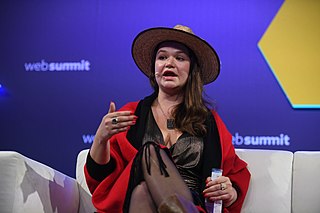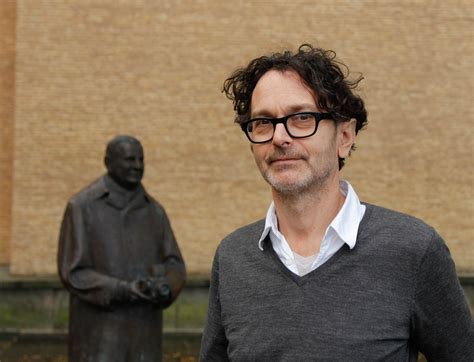A Quote by Sheryl Sandberg
A lot of people will say, "what's Facebook's business model?" I always find that a kind of funny question. Our business model is out there, which is: we monetize largely through advertising and a little bit through the gift revenue, the virtual gifts we have on our site. I think those continue to be the most promising avenues going forward.
Related Quotes
Generally, the technology that enables disruption is developed in the companies that are the practitioners of the original technology. That's where the understanding of the technology first comes together. They usually can't commercialize the technology because they have to couple it with the business model innovation, and because they tend to try to take all of their technologies to market through their original business model, somebody else just picks up the technology and changes the world through the business model innovation.
The problem with Wal-Mart is that it's a business model premised on offering the customer low prices at any cost - any cost to society, any cost to workers. They've got a lot of competition and have influenced people to follow their model through simply providing a model that is so successful at making profits.
There's this notion out there - and it's a categorically false notion - that the only business model in the service industry is the minimum-wage business model. I say phooey to that. You go to a Costco store, and you see people there who've been working there for years and years. They're making $15, $20 an hour, plus health benefits.


































